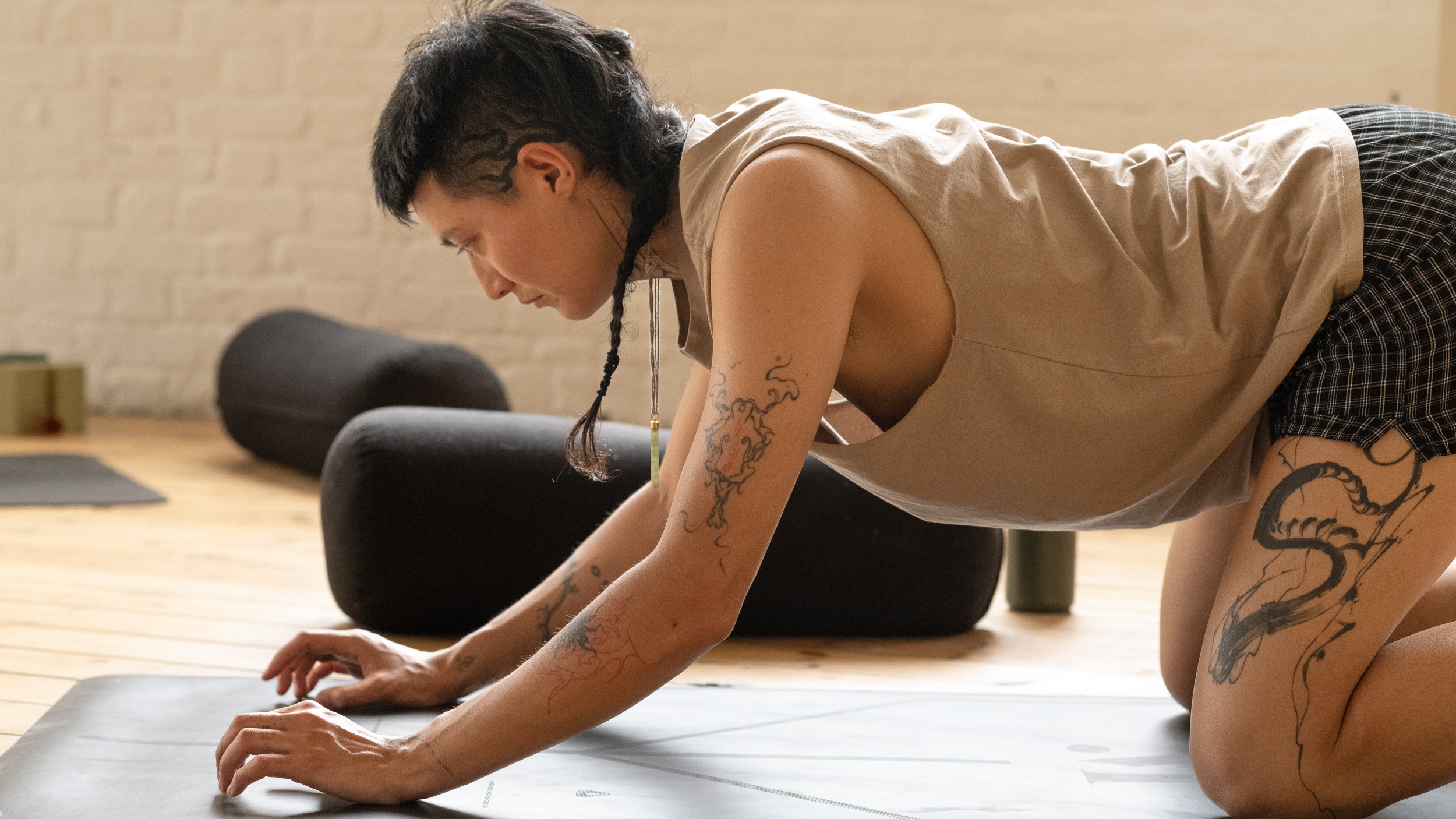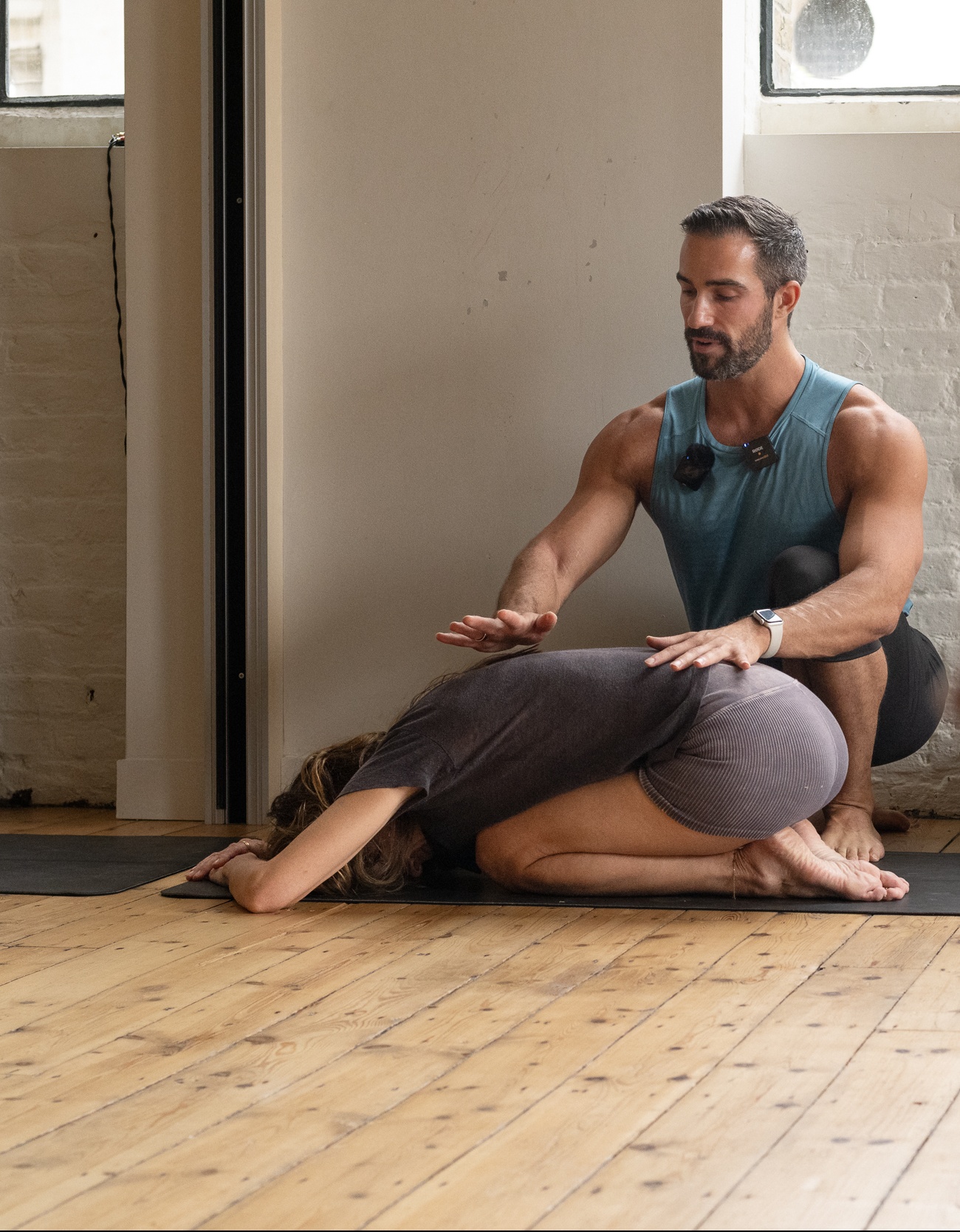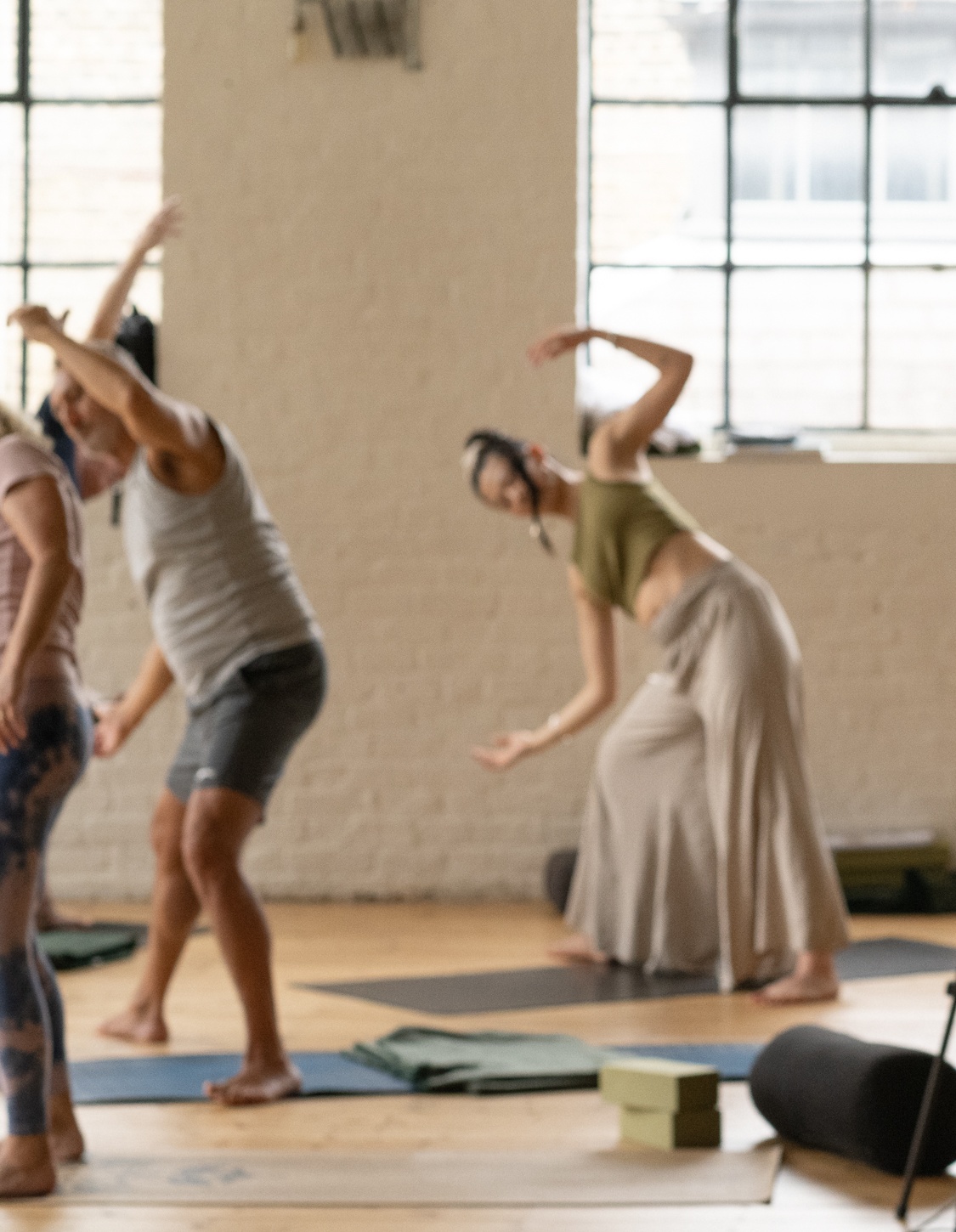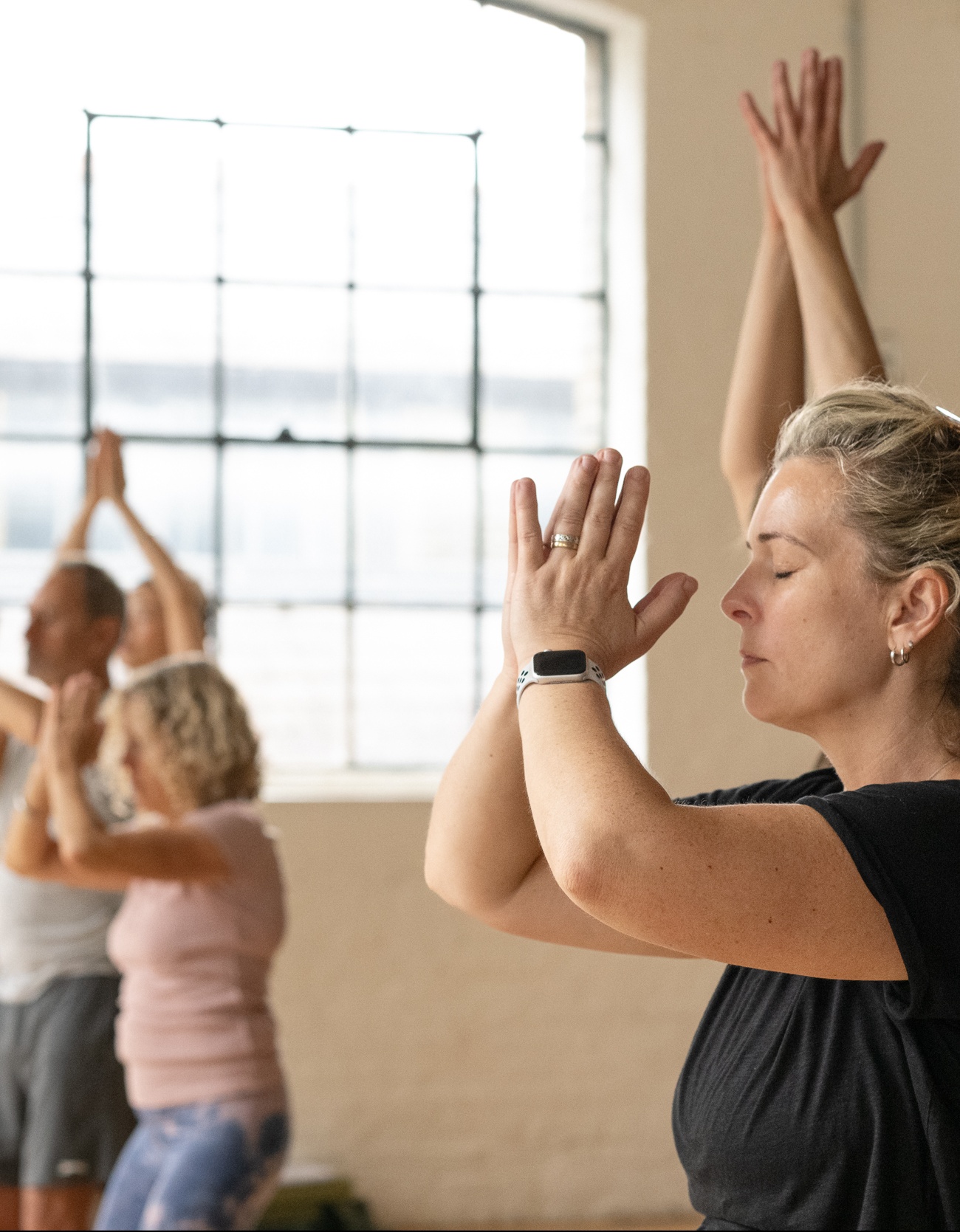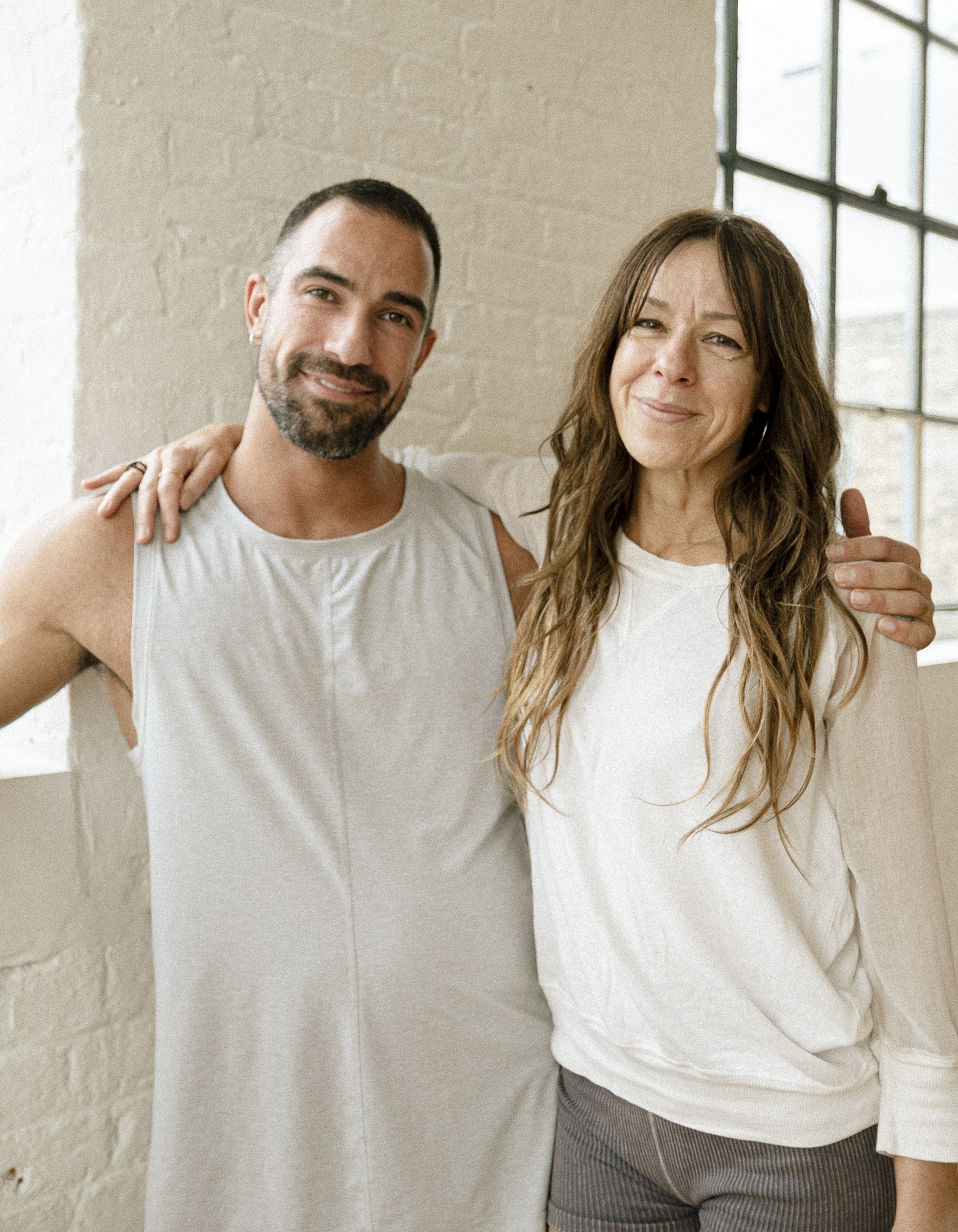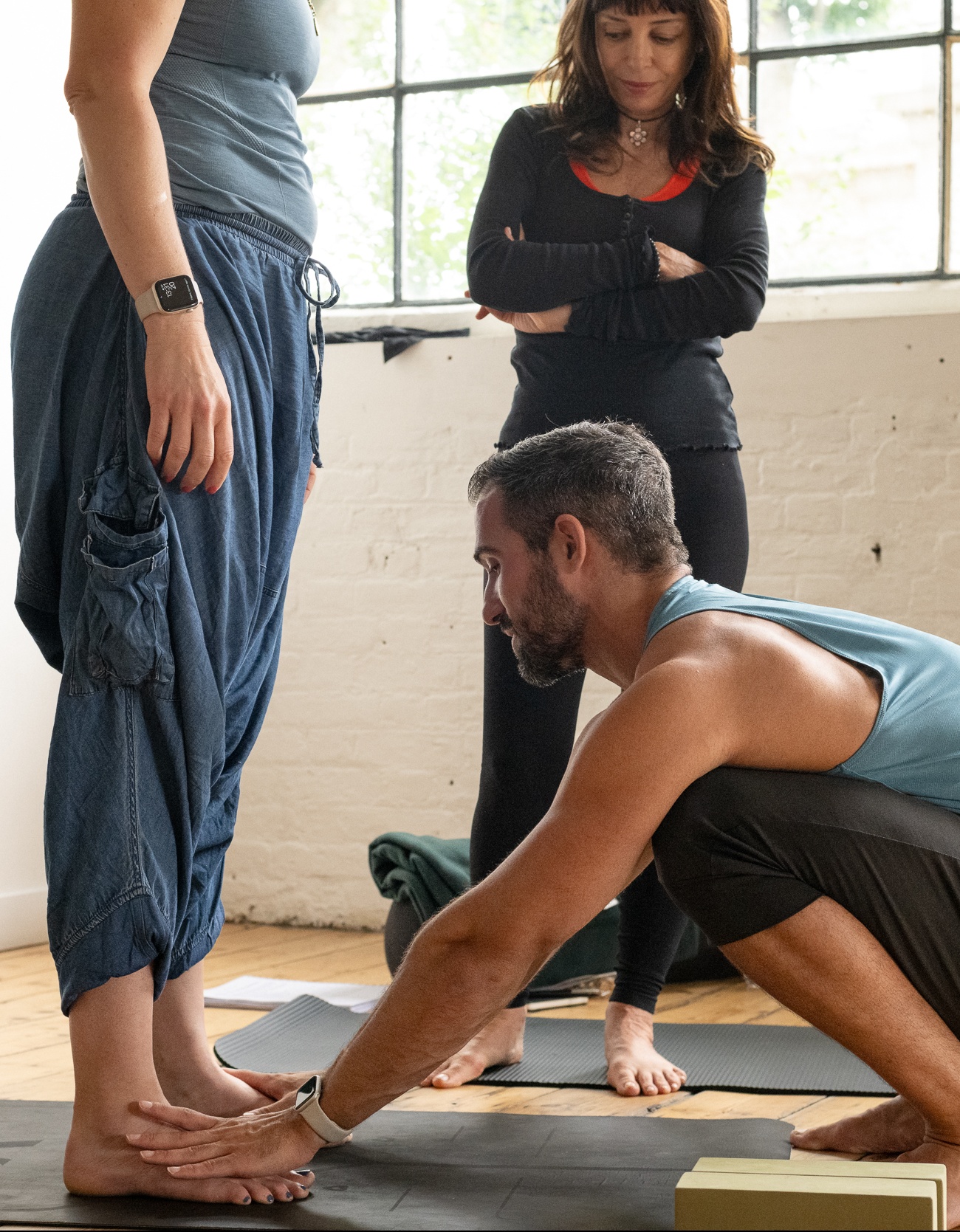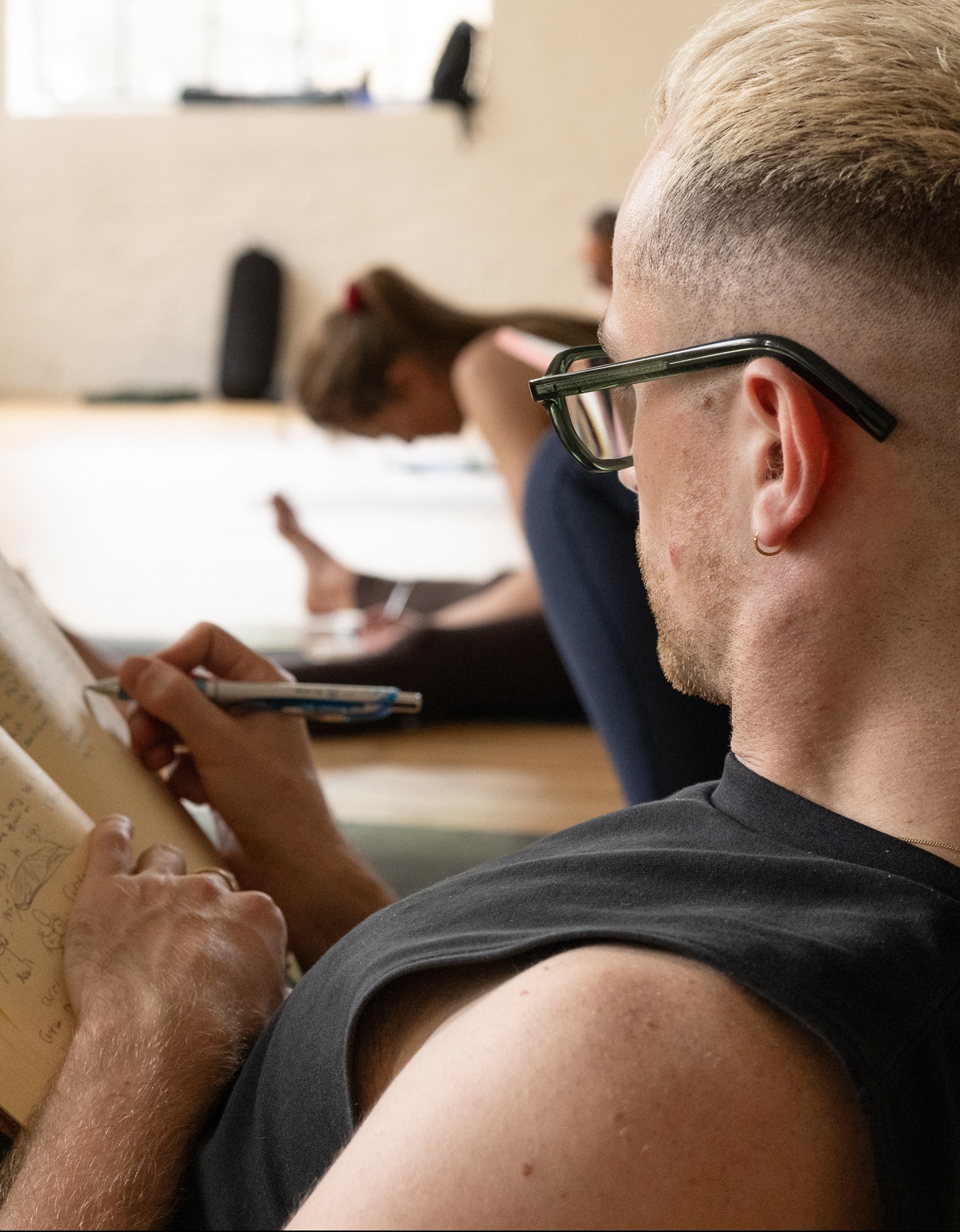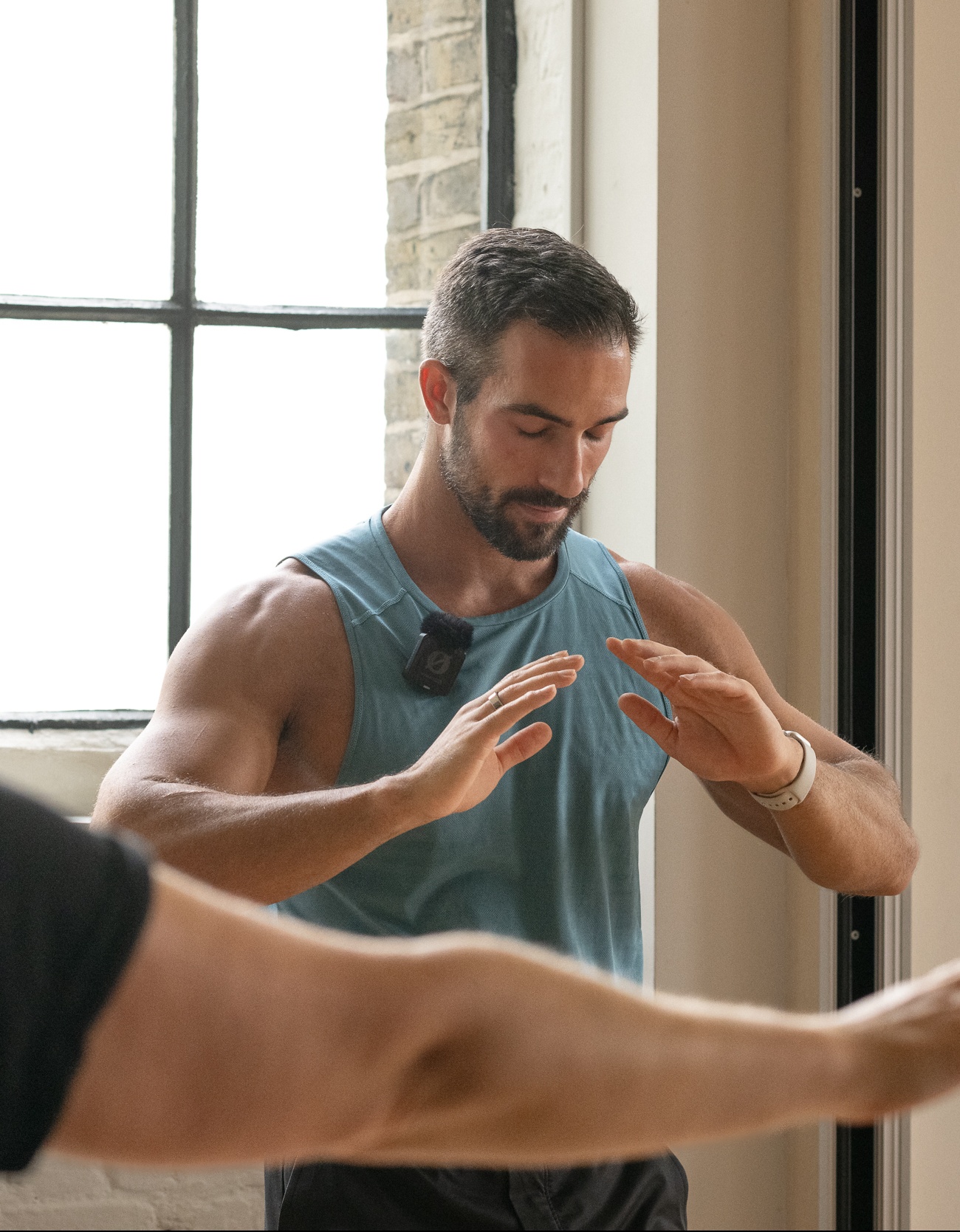Daoist Flow Teacher Training
August 2025 – January 2026
£3600
An eight-month teacher training held in-person and online with Jean Hall, James Rafael and guest teachers.
Daoist Flow is a unique movement practice that fuses the ancient Eastern traditions of yoga and qigong, with the contemporary embodied practice of somatics. We draw from the philosophies of yoga, Daoism and Buddhism to create a unique approach to movement and spirituality.
Our transformative teacher training officially began in May, but our doors are still open if you’d like to join!
Module 1 is now available as a recorded session, and you’re warmly invited to catch up in your own time before stepping into the live circle from Module 2 onward.
When you join now, you’ll receive:
– Immediate access to the Module 1 recording – to ground yourself in the foundational teachings.
– A place in our live sessions from Module 2 -5.
– Access to all future recordings, resources, and community support.
If you were thinking of joining but thought you’d missed your chance – this is your invitation.
Reach out if you have any questions or or need a little guidance before stepping in.

